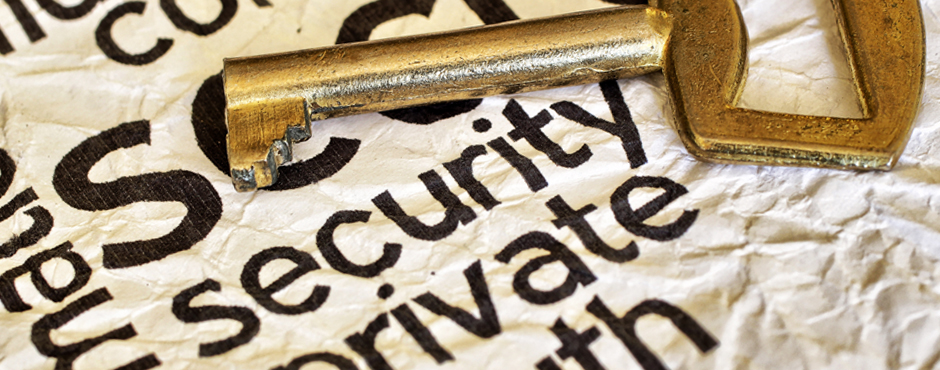Is our expectation for Online Security unrealistic?
Considering the speed of technology and information, by the time you read this it may already be old news. After Jennifer Lawrence and other celebrity iCloud accounts were hacked resulting in leaked nude photos, I had to wonder if our expectation for online security on the cloud or any other digital “residence” is just not realistic.
When I first heard about the “celebrity hack” my initial comment was, “Really?” and “Why would you put nude pictures of yourself out there?”. I’m not a prude, but common sense dictates that if you don’t want anyone to see certain photos, don’t put them online. Of course, I am no celebrity, so maybe the way I see the world is quite different. Maybe I’m wrong to assume that if online security is so tenuous, it would be foolish of me to think that online privacy would be any different. I equate online security to online privacy.
Hacking is nothing new. Hackers have been around from the inception of the internet. Through the evolution of transactional online stores, online banking and websites, the number one fear online has become security. With all these digital sites, the increased threat of identity theft has become an everyday concern. Information and online commentary about protecting yourself from identity theft is now quite common. Haven’t we heard and seen time and time again that technology providers and law enforcement seem to be behind the eight ball when it comes to trying to prevent or at least curtail “digital” crimes? If there’s already so much hype about the high risk of identity theft, wouldn’t the logical assumption be that photos on iCloud are subject to the same risk? To my surprise, based on all the hoopla surrounding this recent celebrity hack, perhaps not.
So how can we realistically expect online security or online privacy? Do you think that the two are one and the same? What are your views about the celebrity hack?

